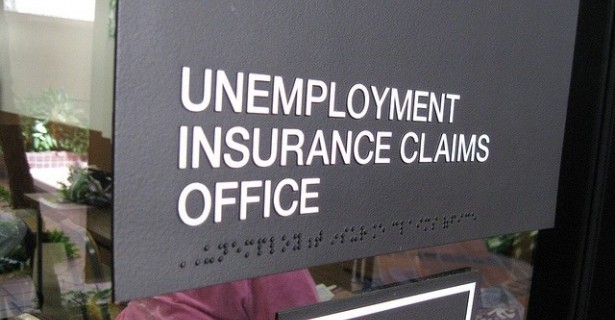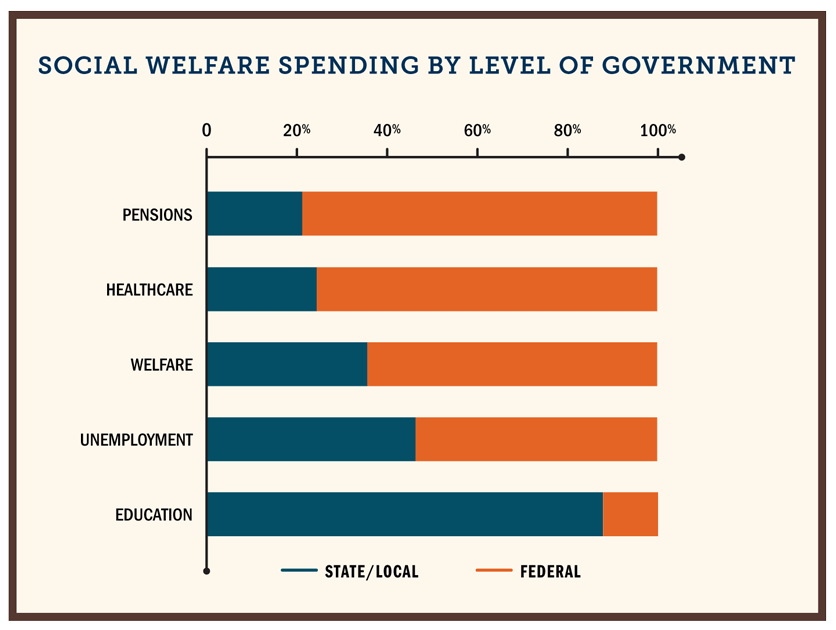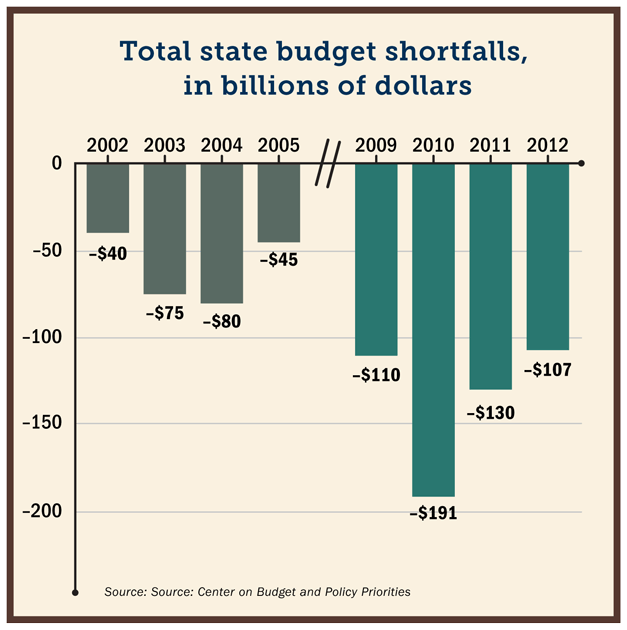
Peter Frase and Bhaskar Sunkara propose a larger and more centralized welfare system. (Burt Lum / Flickr / Creative Commons)
For the Welfare of All
The Left needs to proudly support social welfare.
October 22, 2012
Americans have a
romance with decentralization that the Right encourages. But a
government geographically closer to the people is not necessarily more
responsive.
The Left should fight for programs that provide health services, educate children, bolster the income of the less-well-off and subsidize housing. The reasons are obvious. The first is a simple moral imperative: A good society strives to meet the basic needs of all its people. The second is that government programs that protect people from the exigencies of labor markets, or of old age, or orphanhood, or disability, make people more secure. A sense of security, the reduction of fear, is a good thing in itself. But it also empowers people, and for that reason is essential to a more
democratic society. Workers are far more likely to stand up to their bosses when they know they can fall back on decent unemployment benefits, just as women are more likely to stand up to abusive husbands when they know that they and their children can rely on government income supports.
Frase and Sunkara rightly insist that welfare programs should be centralized. They emphasize the legal constraints that force states and municipalities to balance their budgets, no matter the state of the economy, and that justify the right-wing push for austerity. But there are even more powerful political constraints on welfare-state spending at the sub-national level. Because corporations can pick and choose among locales for investment, they have enormous power over state and local governments. They can demand a “good business climate” of low taxes and low welfare spending, and also extort unseemly subsidies, in exchange for promises of investment.
Americans have a romance with decentralization that the Right encourages. But a government geographically closer to the people is not necessarily more responsive. As Frase and Sunkara demonstrate, a federal system that assigns welfare-state spending to the state and local level is fundamentally biased against the program and its constituents.
The historical development of American welfare-state programs provides other lessons on how to do better. Eligibility for benefits should be broadly inclusive, so that particular groups like welfare moms cannot be so easily isolated and pilloried by opponents. Nor should eligibility for services or benefits be conditioned on nebulous criteria and staff discretion.
Finally, we must once and for all disavow the century-old strategy of trying to expand the welfare state by stealth. This was the strategy of the New Deal proponents of Social Security who exerted themselves to depict the program as “insurance,” and it is the strategy of subsequent reformers who tried to use the tax code as the vehicle for welfare state spending.
Today we suffer the costs of this strategy of social democracy by stealth. Many Americans don’t know they have a welfare state, nor that they them- selves have benefited from it via public university or housing subsidies (the mortgage interest tax deduction), nor that their parents rely on government welfare such as Medicare and Social Security for basic survival. Instead, a good many people are deluded into thinking they simply “built it.” And that is the delusion that Mitt Romney and other GOP candidates around the country are banking on.


No comments:
Post a Comment